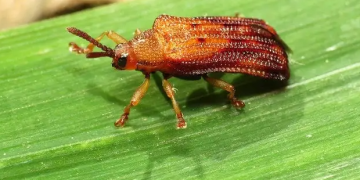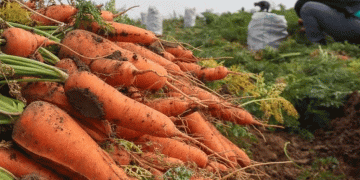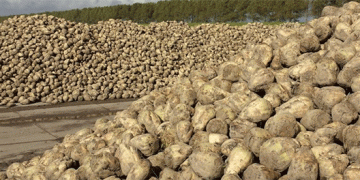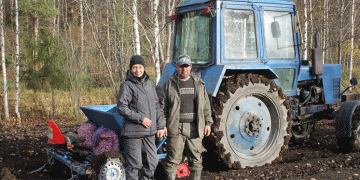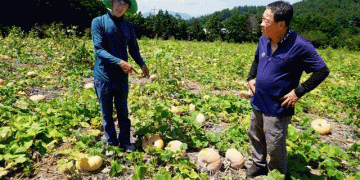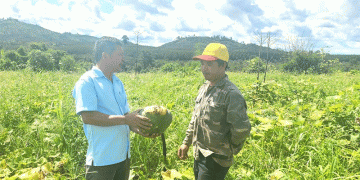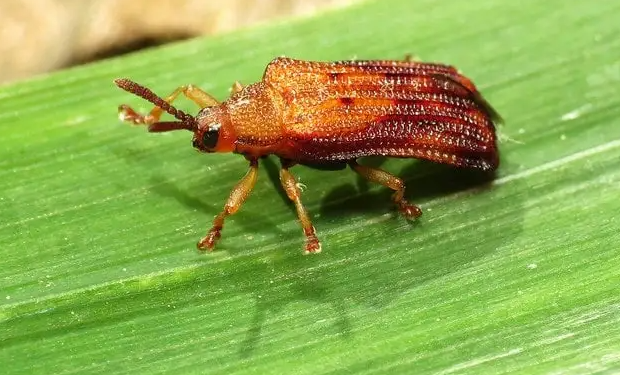#agriculture #pests #integratedpestmanagement #crops #leafminer #insecticides #resistance #biologicalcontrol #chemicalcontrol
Liriomyza spp, commonly known as leaf miners, are a group of insect pests that have been causing significant damage to crops worldwide. These small flies lay eggs on plant leaves, and their larvae burrow into the leaf tissue, creating distinctive tunnels or mines. As they feed, they weaken the plants and reduce their ability to produce healthy yields.
The development of Leaf Miner outbreaks has been a growing concern for farmers and agronomists. The pests have a wide range of host plants, and they are capable of reproducing quickly. This makes them difficult to control, especially in large-scale agricultural settings. Additionally, their rapid development of resistance to insecticides has made it challenging to manage them effectively.
The consequences of Leaf Miner infestations can be devastating. They can cause severe crop losses, leading to significant economic impacts. The damage they cause can also affect the quality of the harvested produce, making it less marketable or unsuitable for consumption.
To address the challenges posed by Leaf Miner outbreaks, various approaches have been developed. These include cultural practices, biological control, and chemical control. Integrated Pest Management (IPM) is a holistic approach that combines these methods to manage the pest effectively while minimizing environmental impacts.
Leaf Miner infestations caused by Liriomyza spp are a significant threat to agriculture worldwide. Their ability to reproduce quickly and develop resistance to control methods makes them difficult to manage. However, the development of integrated pest management strategies provides a promising approach to managing these pests effectively and sustainably.
